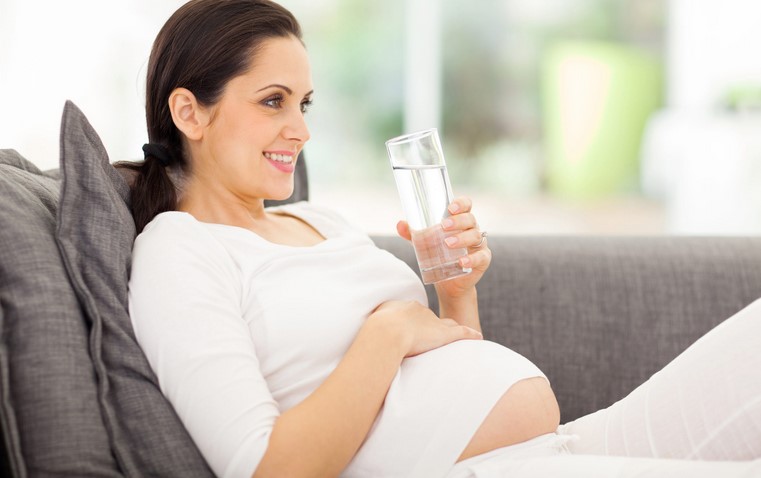When pregnant, 8-12 cups of water per day are ideal. However, if you’re experiencing any of the following symptoms, talk to your midwife or GP. You should drink more water immediately if you start to feel dehydrated. In addition, avoid vomiting which is a one-way ticket to dehydration.
How Much Water Should a Pregnant Woman Drink? During pregnancy you should drink 8 to 12 cups every day. Water has many benefits. It aids digestion and helps form the amniotic fluid around the fetus. Water also helps nutrients circulate in the body and helps waste leave the body.
8-12 cups of water daily
Drinking water is crucial for a pregnant woman’s well-being. While water is the most important liquid to consume, other beverages such as fruit juice and fat-free milk are also good options for keeping hydrated. You should avoid consuming excessive amounts of sugar and artificial sweeteners. You should also limit your intake of caffeine. While you can still enjoy a cup of coffee or tea, it’s best to limit your caffeine intake to 200 milligrams per day, or about one cup of tea.
Dehydration during pregnancy can lead to serious problems, including low birth weight, pre-eclampsia, and increased risk of cesarean section. It can also lead to birth defects. Water also helps to create amniotic fluids, which surround the developing baby in the uterus. It also keeps the placenta hydrated and prevents it from being damaged by oxygen- depleted blood.

Vomiting is a one-way ticket to dehydration
Dehydration during pregnancy is a common problem for women, but it can happen in a variety of ways. If left untreated, dehydration can cause several complications including premature delivery, contractions, and premature birth. The best way to avoid dehydration during pregnancy is to drink plenty of water. Drinking decaffeinated or herbal tea can help you stay hydrated as well.
If vomiting continues, call your doctor. For severe cases, intravenous fluids may be necessary. This treatment is usually temporary, and the patient can gradually take in fluids by mouth. Total parenteral nutrition is another option for severe cases of hyperemesis gravidarum.
Signs of dehydration
Dehydration during pregnancy is a common condition that can lead to pregnancy complications. Pregnant women should be aware of the warning signs of dehydration, such as extreme fatigue, overheating, and dark urine. The third trimester is also a critical time to stay hydrated, since blood volume increases about 50 to 60 percent compared to preconception levels. Therefore, women are advised to increase their caloric intake to compensate for the extra fluid. However, dehydration during this time can cause problems such as Braxton Hicks contractions.
If you experience any of these signs, you should consult your doctor. If they are severe, you should seek emergency care. Until then, you should drink plenty of water each day.

Keeping hydrated during pregnancy
Drinking enough water is one of the most important things you can do for yourself while pregnant. It will increase your blood volume and help produce fluid around your baby. Your body also needs water to keep itself functioning properly, including in the first trimester when you’ll be experiencing morning sickness. You should drink at least half your body weight in water every day.
You can tell if you’re dehydrated by the color of your urine. It should be light yellow or clear. If it’s cloudy or dark yellow, you’re dehydrated. Drink plenty of water throughout the day, and if you do notice any of these symptoms, see your doctor right away.
Water has many benefits. It aids digestion and helps form the amniotic fluid around the fetus. Water also helps nutrients circulate in the body and helps waste leave the body. About 9 cups of water a day should be enough for you and your baby.







